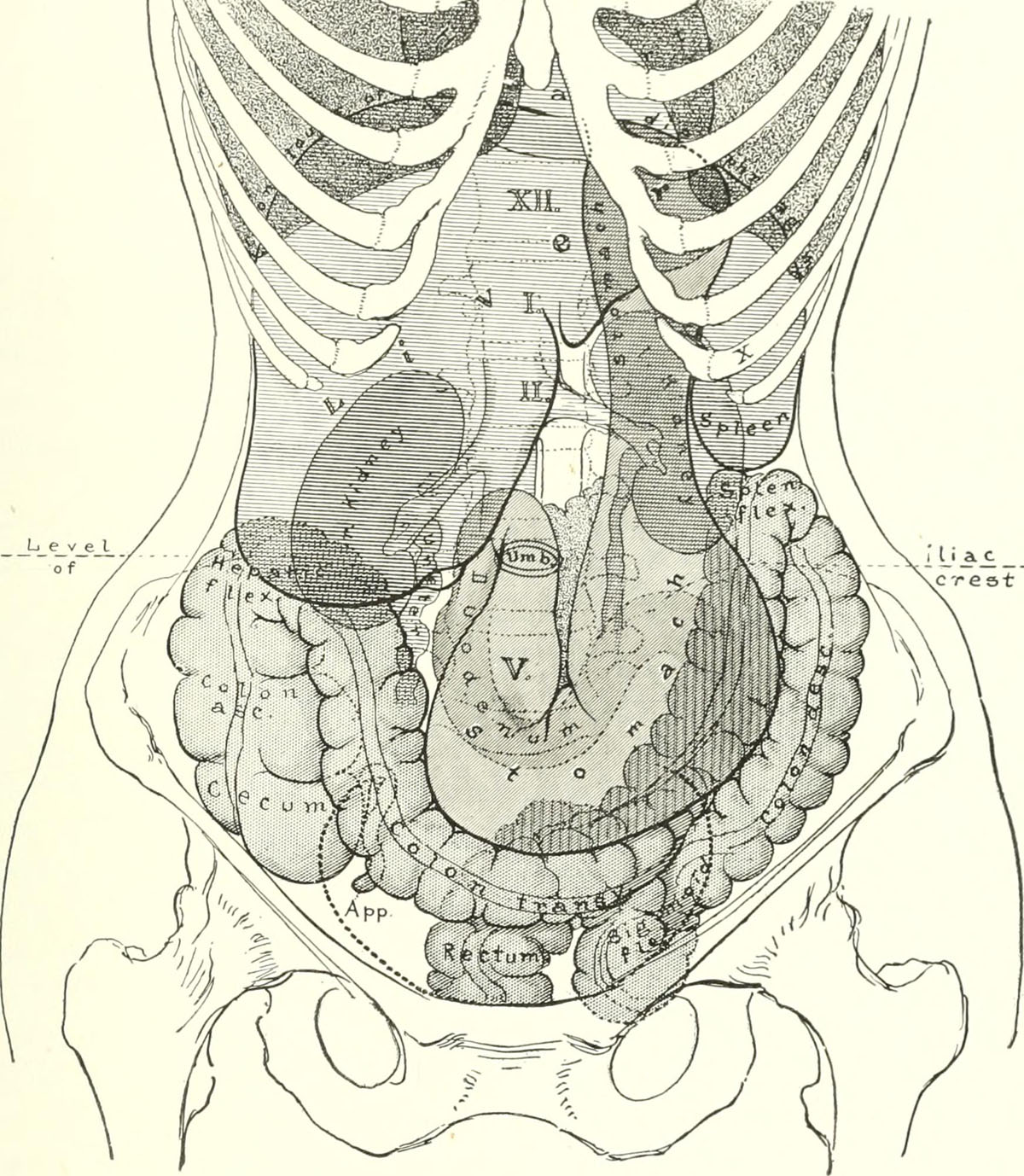
Condition revealed
This condition or illness is characterized by break down of kidneys, in terms of their functioning. When it comes to underlying conditions and culprits responsible for inducing failure of the kidneys, it needs to be pointed out that there exist quite a number of them. But, despite this, if a person is diligent, performs regular examination and checkups, as well as embraces a more healthy diet plan, the condition itself can be brought under control and the complete kidney failure avoided.
Harmful causers to keep an eye on
Among the most common culprits that induce the CKD (stages one to three) we find such illnesses as diabetes, elevated blood pressure and last but not the least, aging kidneys (in 75 year-old people and older). As for the stages four and five, those more severe illnesses underlying CKD are such as polycystic kidney disease, glomerulonephritis, renal artery narrowing, recurring kidney infections, as well as haemolytic-uremic syndrome.
The greatest majority of people who suffer from this specific condition experience just a moderate kidney malfunction. This, of course, is not to say that such people are to take this lightly, since even in these cases, regular visits to the doctor, as well as making one’s diet more healthy and nutritious, is a must if one is to keep his/her kidneys fully functional till the rest of the life. Quite helpful here are also medication treatment therapies that enable the person suffering from CKD to take hold of it and control it in a satisfactory manner.
What happens once the CKD takes over is that kidneys are unable to expel all the toxins and other harmful substances from the body, which is what they regularly do. This is one of the main reasons why stopping any additional kidney damage is of utmost importance. In the light of this, those who suffer from CKD are recommended to alter a bit their eating habits (to eat smaller but more regular meals in the course of the day), find certain exercises that suit them and that will boost their overall energy, and also to embrace a diet plan that is low in calories (to include food varieties that are low in protein, potassium, phosphorus and sodium). In certain cases, people are even recommended to limit their intake of water.
People suffering from CDK should limit their potassium intake to 3.5 to 5 mEg/L, sodium intake to less than 5 mg, protein intake to 0.75 g/kg of person’s body weight, phosphorus intake to 2.7-4.6 mg/dL and fluids intake to 1.4 l per day.





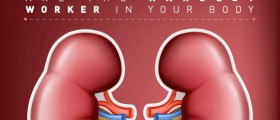




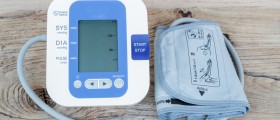
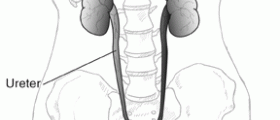
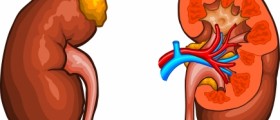




Your thoughts on this
Loading...